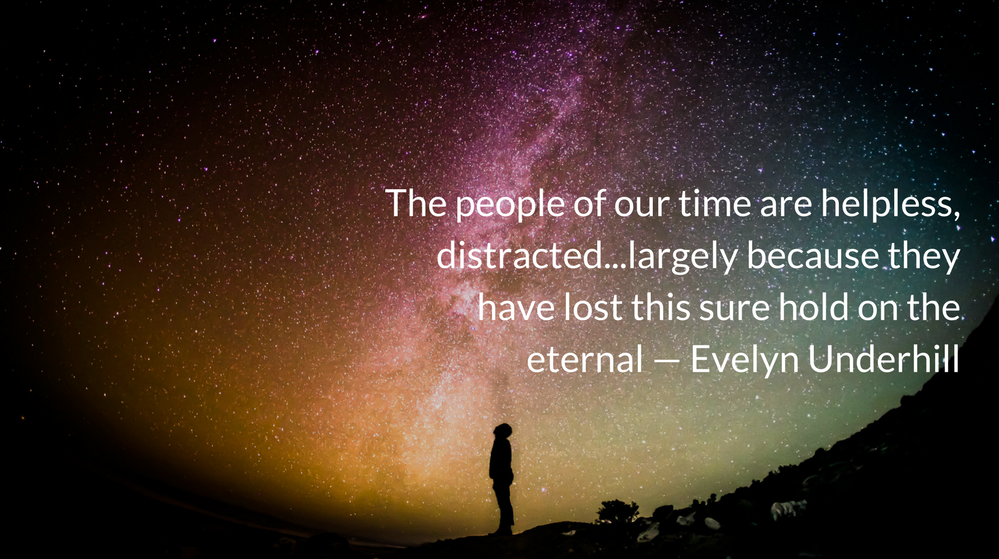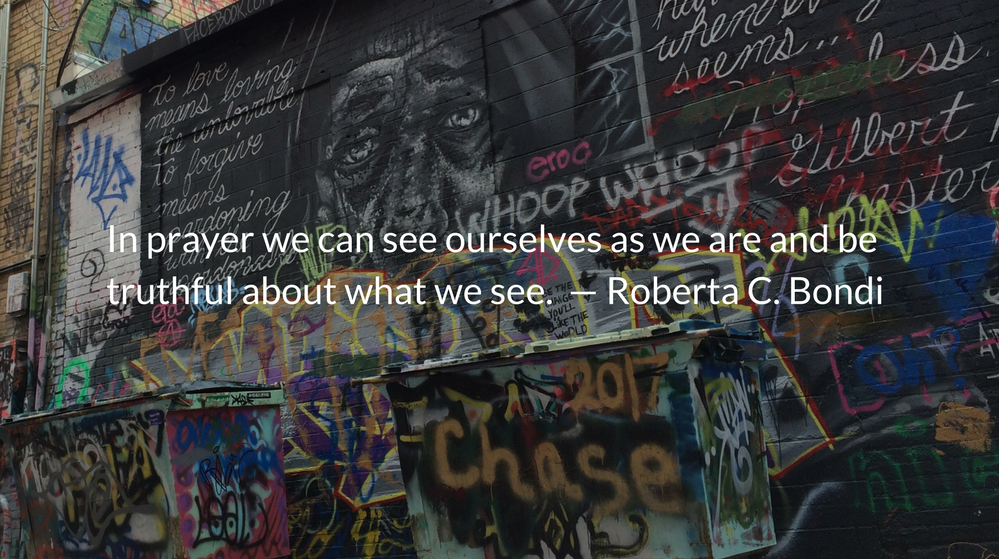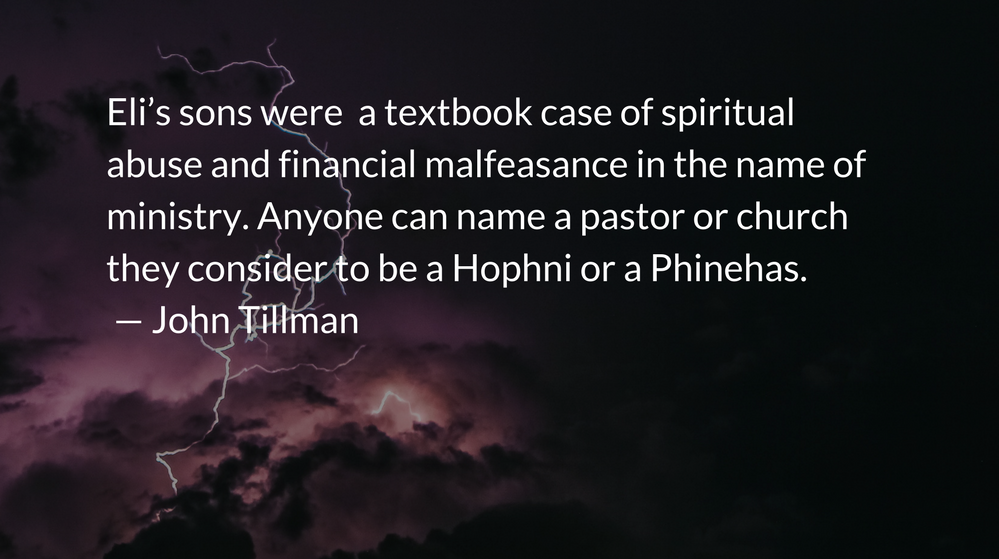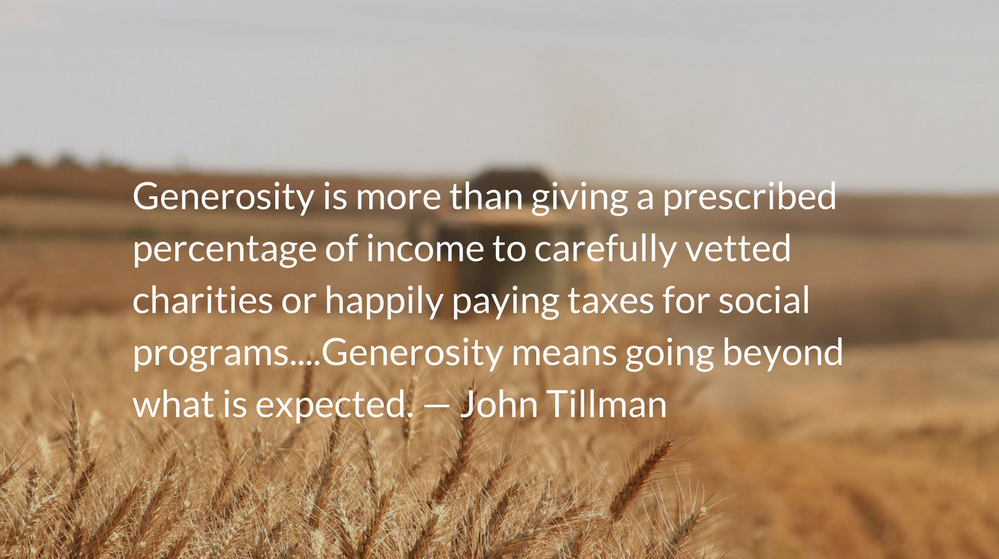Scripture: Romans 6.22
But now that you have been set free from sin and have become slaves of God, the benefit you reap leads to holiness, and the result is eternal life.
Reflection: A Sure Hold on the Eternal
By John Tillman
When we struggle in the day to day temporal world, we seldom connect our difficulty to our loss of connection to the eternal. Practicality demands that we live in the “real” world, but certainly our practical minds can recognize that the tangibles that we obsess over are destined to be dust. When they are gone the only “real” world will be the one we tend to put off until later—the eternal. Anchoring our life in spiritual practice then, in the end, is most practical. It is our hold on the eternal that gives us steadiness and strength to cope with the temporal.
By Evelyn Underhill (1875-1941)
The people of our time are helpless, distracted, and rebellious, unable to interpret what is happening, and full of apprehension about what is to come, largely because they have lost this sure hold on the eternal, which gives to each life meaning and direction, and with meaning and direction gives steadiness.
I do not mean by this a mere escape from our problems and dangers, a slinking away from the actual to enjoy the eternal. I mean an acceptance and living out of the actual, in its homeliest details and its utmost demands, in the light of the eternal; and with that peculiar sense of ultimate security that only a hold on the eternal brings. When the vivid reality represented by these rather abstract words is truly possessed by us, when what is unchanging in ourselves is given its chance, and emerges from the stream of succession to recognize its true home and goal, which is God— then, though much suffering may, indeed will, remain apprehension, confusion, instability and despair will cease.
For a spiritual life is simply a life in which all that we do comes from the center, where we are anchored in God: a life soaked through and through by a sense of His reality and claim, and self-given to the great movement of His will.
*Quoted in the introduction to Communion, Community, Commonweal edited by John S. Mogabgab
A Reading
Get yourselves purses that do not wear out, treasure that will not fail you, in heaven where no thief can reach it and no moth destroy it. For where your treasure is, there is where your heart will be too. — Luke 12.33-34
– From The Divine Hours: Prayers for Summertime by Phyllis Tickle.
Full prayer available online and in print.
Today’s Readings
1 Samuel 7-8 (Listen – 5:34)
Romans 6 (Listen – 3:53)











